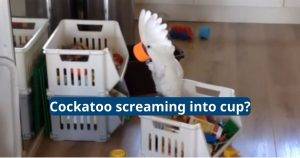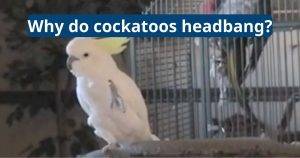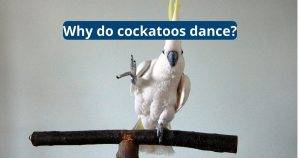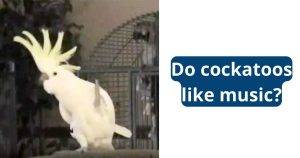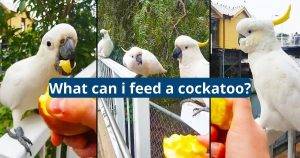Red Factor African Grey
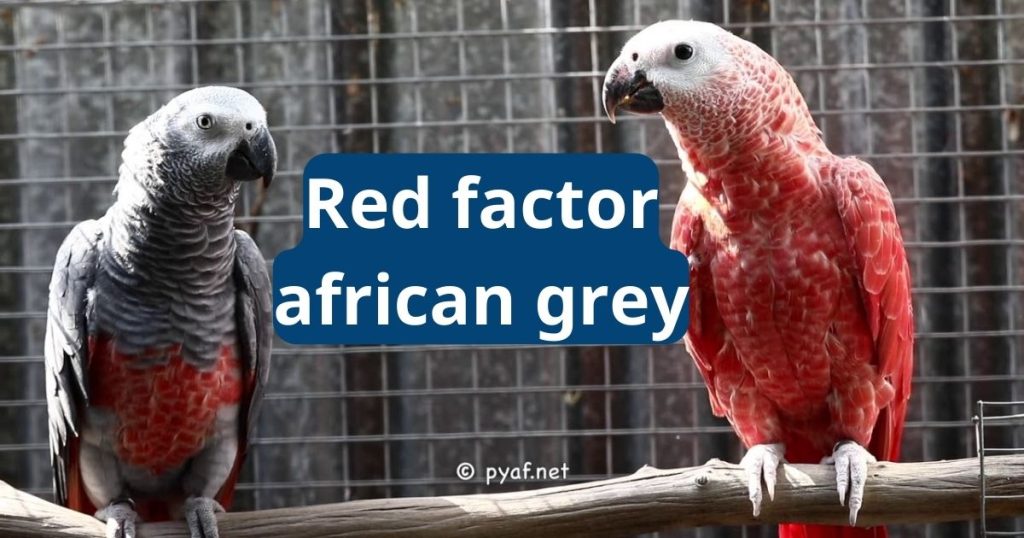
African greys have been called the genius of the bird world for their exceptional ability to talk. They need a high quality diet of seeds, nuts, vegetables, commercial pellets and fresh fruits. Their intelligence can make them demanding pets that require plenty of interaction and mental stimulation to avoid stress-related problems such as nipping or feather plucking.
Diet
In the wild African Greys forage on the ground and eat a variety of seeds, nuts, fruits, vegetables, and berries. They are known to forage for acorns, and are often seen picking at maize crops in western Africa!
All birds need a well balanced diet, which should consist of 70 percent pellets and 30 percent fresh fruit, veggies, and commercial rations. Birds should be allowed to have access to a variety of foods at all times, as they can become bored with the same foods.
Red Factors require a large amount of mental stimulation to keep them happy and healthy. If not properly stimulated, they can develop neurotic behaviors that can lead to self mutilation and aggressive behavior. This is why it is very important to train them properly and give them plenty of socialization. They also need a large supply of different sized toys to play with, and plenty of exercise on their own.
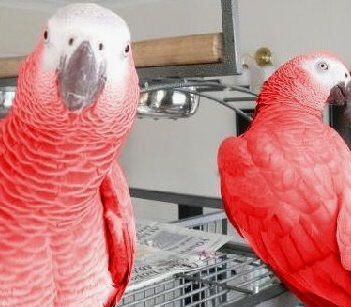
Training
In the wild, African greys can mimic about 200 sounds from their surroundings. They can mimic vehicle doorbells and backup chimes, telephone ringtones, microwave alerts and fire alarms, just to name a few. This makes it important to train them early on how to react and respond to these common household sounds.
These birds are highly intelligent and require a lot of mental stimulation. This can be accomplished through various toys and training sessions. They also need plenty of time spent out of their cage, so that they can feel included in family activities and get used to being around other people.
If they do not receive enough socialization, they are prone to becoming a one person bird, which can be hard to break out of once it happens. The best way to prevent this is to build a strong relationship with your bird from the start. This will be easier if you spend as much time with him or her as possible each day.
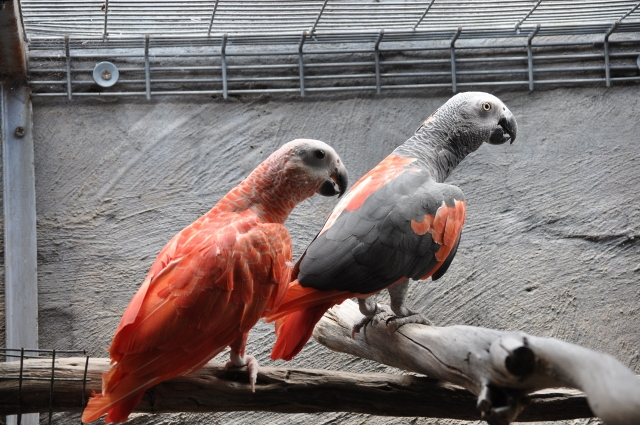
Health
A healthy, well-balanced diet is essential to a red factor african grey’s health. It should consist of a ready-made large hookbill seed mix enriched with vitamins, fresh vegetables and fruits, seeds, nuts, commercial pellets, and a source of calcium (such as a cuttle bone or a calcium block).
They also need regular interaction with people to keep them mentally stimulated. This will help them avoid becoming nervous and fearful, which can result in unhealthy behaviors like nipping and feather plucking.
It’s important to consult an avian veterinarian for the most accurate information regarding nutritional requirements for your pet bird. Talking to your vet will help you determine if the red factor african grey is healthy and receiving the right nutrients that will maximize its potential to live a long life in captivity.
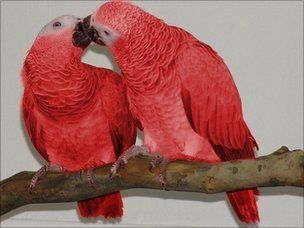
Care
It is important for a red factor african grey owner to provide their pet with a good diet and sufficient living space. They must ensure that their bird is healthy and happy, as well as having regular visits to the veterinarian. They also need to provide their pets with a variety of toys and enrichment. This will help them to avoid fearfulness and unnecessary feather plucking.
African greys are highly intelligent birds, and they are able to mimic sounds. They can even imitate the squeaks of doors and windows, backup chimes and vehicle doorbells. They can also learn to recognize their owners’ voices.
They are not very social birds, so they require constant interaction with their owners. They may not be cuddly, but they will tolerate light head scratches and petting. However, they must be given adequate space to explore. They are known to get bored easily and become stressed if their environment is not changed regularly.

